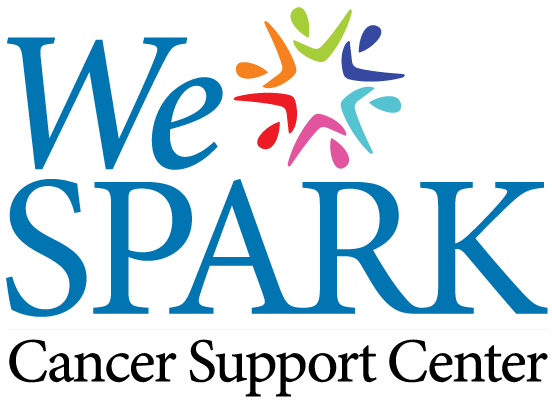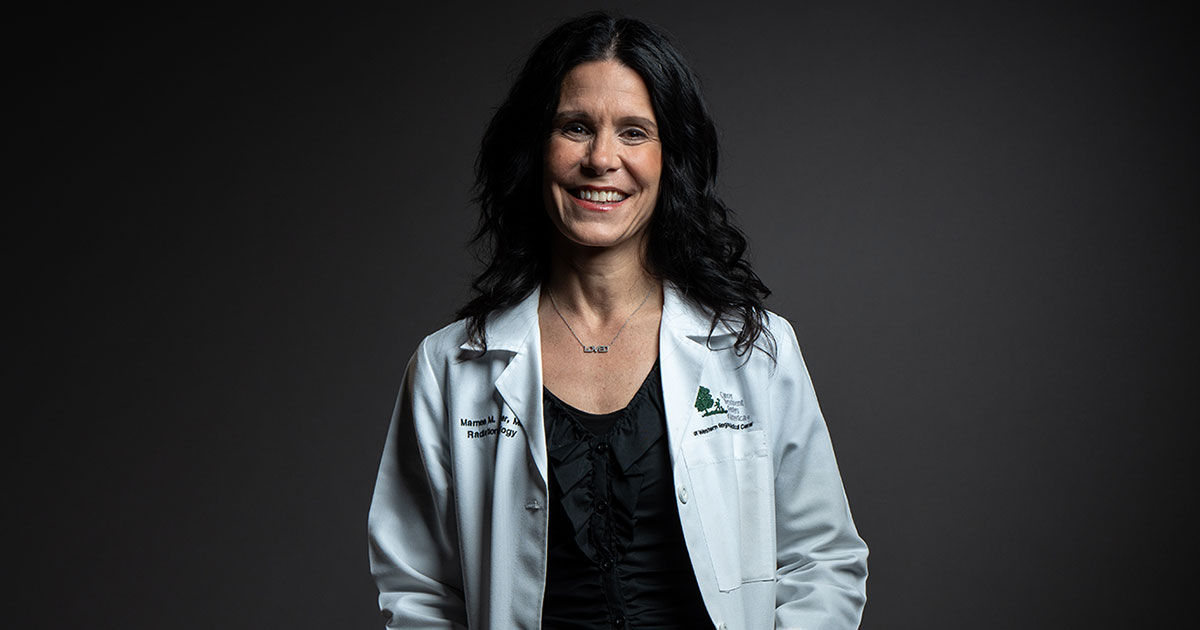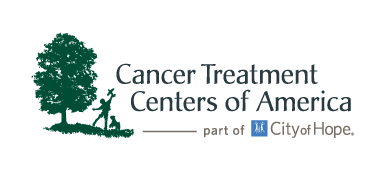How Dr. Marnee Spierer dealt with breast cancer risk
It may surprise you that I had both my breasts surgically removed this year, even though I don’t have breast cancer. I also don’t have a BRCA gene mutation that puts women at high risk for developing breast cancer—like the one that led actress Angelina Jolie to have a double mastectomy in 2013.
In fact, I don’t have the usual risks that indicate a likelihood of breast cancer. I do almost everything we doctors recommend to help people avoid getting cancer: I don’t smoke, I eat healthfully and maintain reasonable body weight, I limit how much alcohol I drink, I exercise regularly, and I wear sunscreen outdoors.
So, the surgery I had may seem like a crazy, crazy decision to some women. How could I take off a body part (actually two) without having cancer? The answer is simpler than it appears: The lack of a breast cancer gene mutation and all the prevention steps I was taking weren’t enough to stop me from being at high risk for breast cancer.
First, there was my family history. My grandmother died from an unknown female cancer when I was young. My aunt, my mother’s older sister, was diagnosed with breast cancer in her 40s and died from it in her 50s. My older sister was diagnosed with breast cancer in 2019.
After my sister’s diagnosis, I met with a genetic counselor and did a comprehensive risk assessment together. Several other parts of my life, along with my obvious family history, put me at an unacceptable (for me) high risk of developing breast cancer. Even as a doctor who mainly treats breast cancer, I had not thought of these items as contributing factors.
The bottom line is knowing your risk for breast cancer is imperative. It is not as simple as whether you are a gene carrier. Breast cancer risk is much more comprehensive. Knowing your treatment options based on your personal risk is also essential. Options for women at high risk may range from undergoing additional and more detailed screenings to taking a pill or a medicine to reduce risk to, in my case, risk-reduction surgery.
Read more about risk factors and screenings from Cancer Treatment Centers of America.
About Cancer Treatment Centers of America®
Cancer Treatment Centers of America® (CTCA) is a national network of five hospitals that serves adult patients who are fighting cancer. CTCA® offers an integrative approach to care that combines advancements in genomic testing and precision cancer treatment, surgery, radiation, immunotherapy and chemotherapy, with evidence-informed supportive therapies designed to help patients physically and emotionally by enhancing their quality of life while managing side effects both during and after treatment.
Stay up to date on all things CTCA! Be sure to follow them on Facebook, Instagram, Twitter, Pinterest and YouTube or call the VIP Line at 800.227.3207 for more information.



